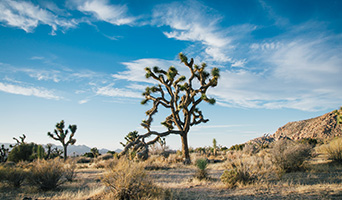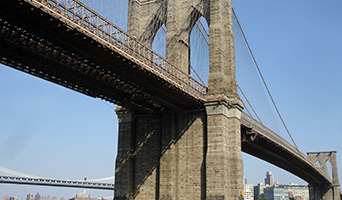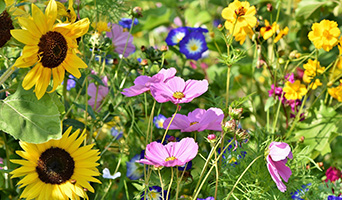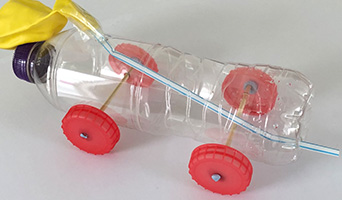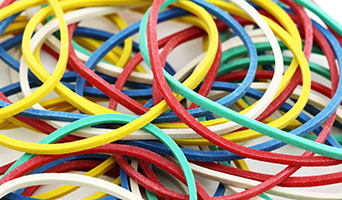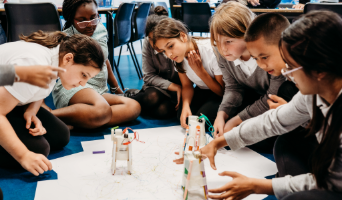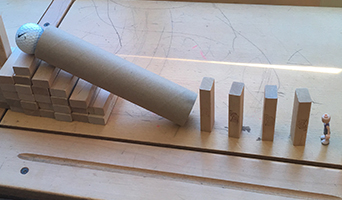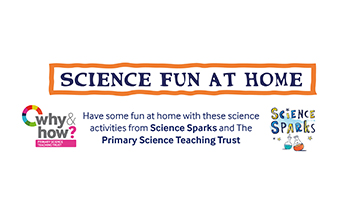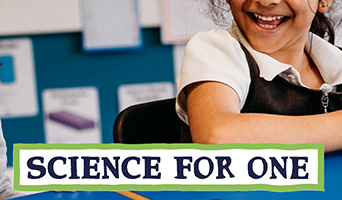
Science & STEM Clubs
Animals, Biodiversity & Habitats, Climate Science, Electricity, Energy, Forces, Light, Plants, Properties & Uses of Materials, Rocks, Fossils and Soils, Sound, States of Matter
Practical Science, SEN(D) / Additional Support needs, STEM, Topical Science
5-7, 7-9, 9-12
Off the shelf resources for running extra-curricular clubs for children, with Children's University accreditation available.
Are you introducing a science or STEM club to primary children? PSTT has created a number of ready-to-go club packs that will have pupils engaged in practical investigations.
Club packs include:
- an overview of how to run the sessions with a list of simple, everyday materials needed
- an activity sheet giving the club leader guidance on organising the activities; including a practical challenge for the children, key facts, ideas for questions and further activities
- a fact sheet with some club packs for children to take home for further learning with family
- validation by the Children’s University that count towards accredited learning for any children taking part.
